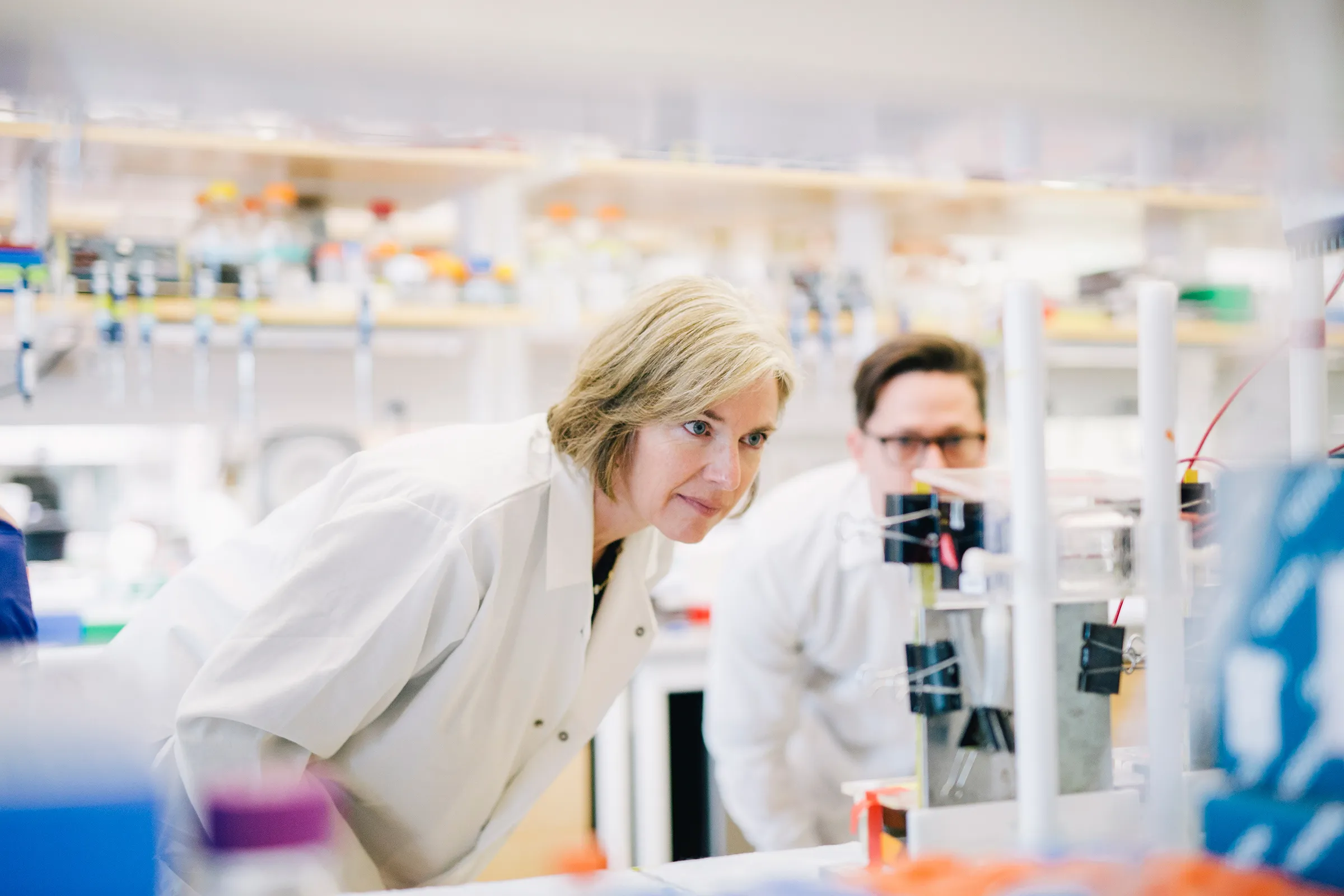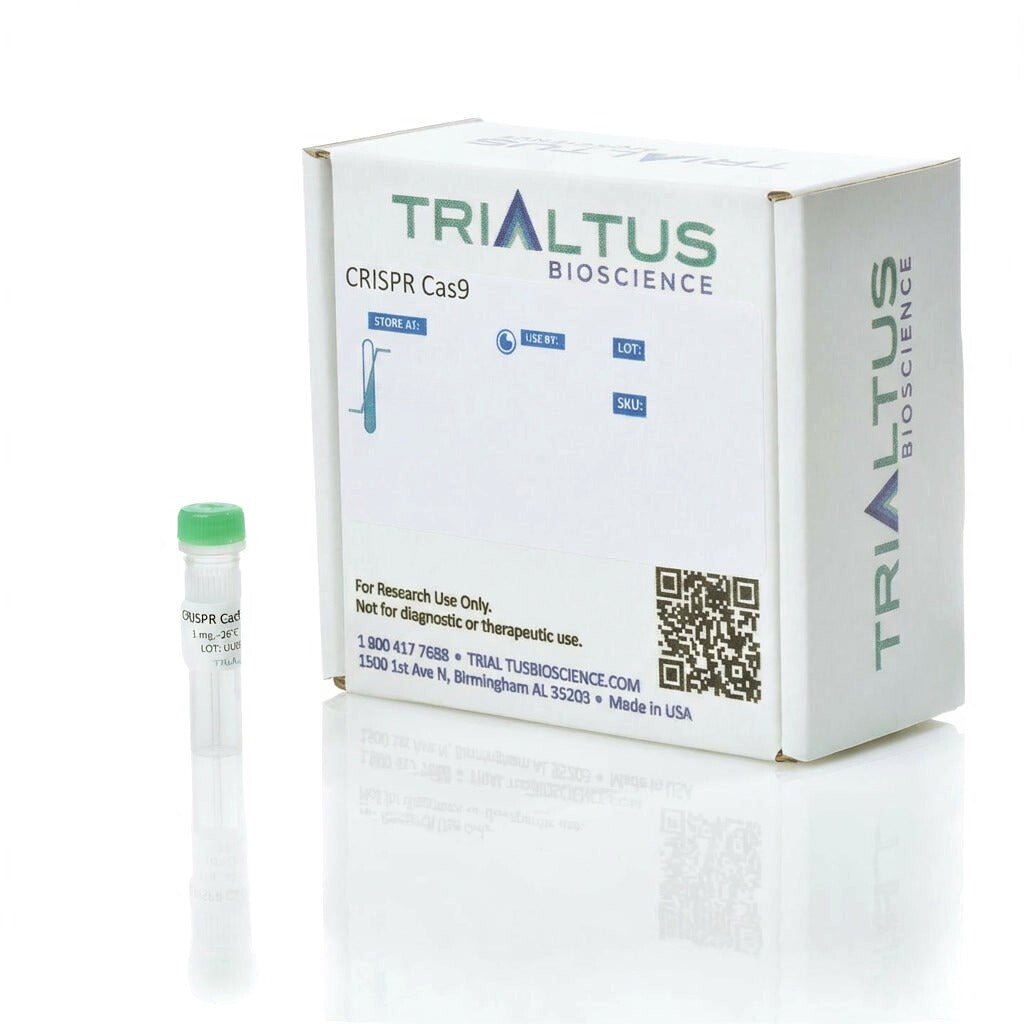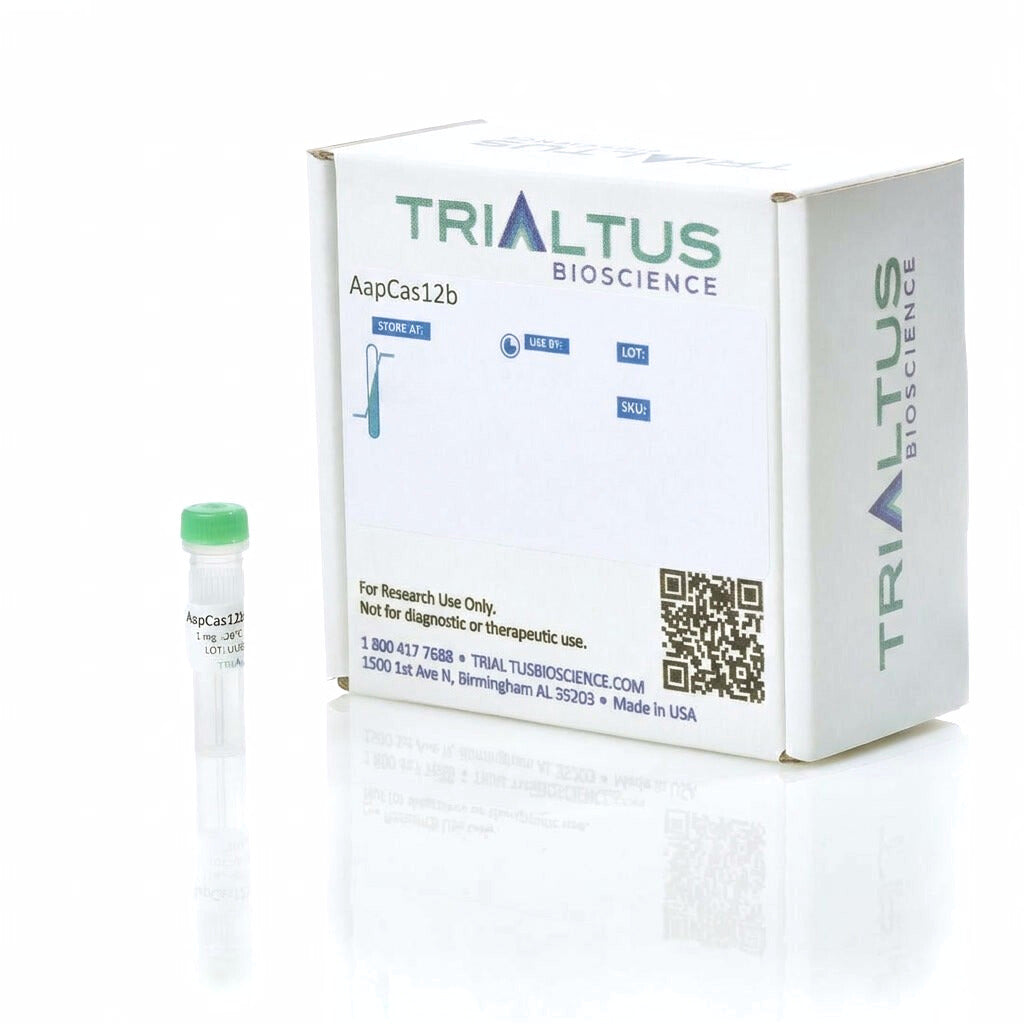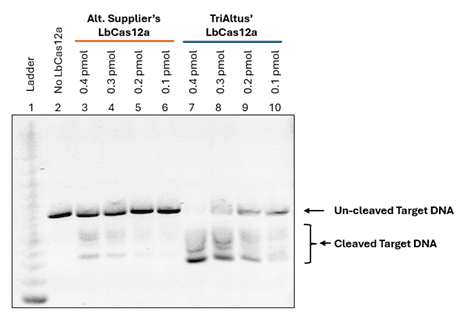Ask about our free Pilot2Partnership program
Learn more
Enzyme
Needed
No
Available
Commercially?
Yes
In- House
Expertise?
No
Quality & Cost
Acceptable?
Yes
No
Yes
Make
in-house
Outsource
Compare offerings from commercial suppliers
Spend weeks or months developing products
Trial and error to find reagent that works
Costs savings possible, but opportunity costs of resources committed to non-critical path development
Costs can be prohibitive, even for large companies
Taking the pain
out of outsourcing
At TriAltus, we understand the real-world challenges research teams face when it comes to sourcing high-quality recombinant proteins. Specialty enzymes are essential tools in drug discovery, diagnostics, and synthetic biology — but too often, their cost forces teams to bring production in-house, diverting time, talent, and equipment away from core scientific work.
We believe you shouldn’t have to choose between quality and affordability.
That’s why we built our enzyme platform around CLīM™, a proprietary purification technology that delivers ultra-pure, high-performance proteins in a single purification step. By dramatically lowering the cost of manufacturing, we’re able to pass meaningful savings on to you — making it easier than ever to source the reagents you need without sacrificing quality or scalability.
Whether you're advancing a CRISPR workflow, building a diagnostic assay, or scaling a bioproduction process, TriAltus gives you access to the performance you expect — at a price that lets your team stay focused on what matters most.
Purity, performance, price — you don’t have to compromise.
Powered by CLīM™
Dr. Jennifer Doudna was a co-inventor of CRISPR-Cas 9 gene editing technology, for which she earned the Nobel Prize in Chemistry in 2020. Since 2021, scientists in Doudna’s lab at UC Berkeley have produced more than 100 CRISPR enzymes using TriAltus’ CLīM™ purification system. The same purification technology trusted in CRISPR discovery is behind every TriAltus enzyme.
Recent citations:
Learn more -> about the study in Nature Biotechnology (2024)
Learn more -> about the study in Nucleic Acids Research (2025)
Dr. Jennifer Doudna in Berkeley, Calif., on Jan. 18, 2019.Anastasiia Sapon—The New York Times/Redux
Your Protein, Delivered
TriAltus Capabilities
Popular TriAltus Products
Insights to keep you informed
Explore our expert insights, guides, and breaking news written to keep you informed & prepared








































